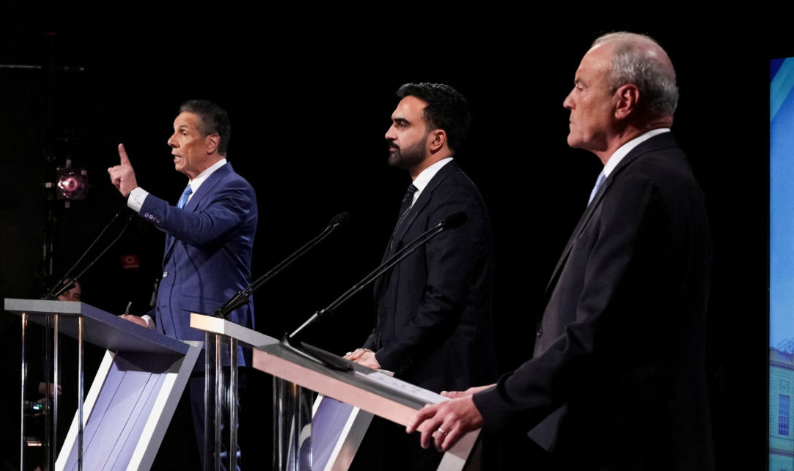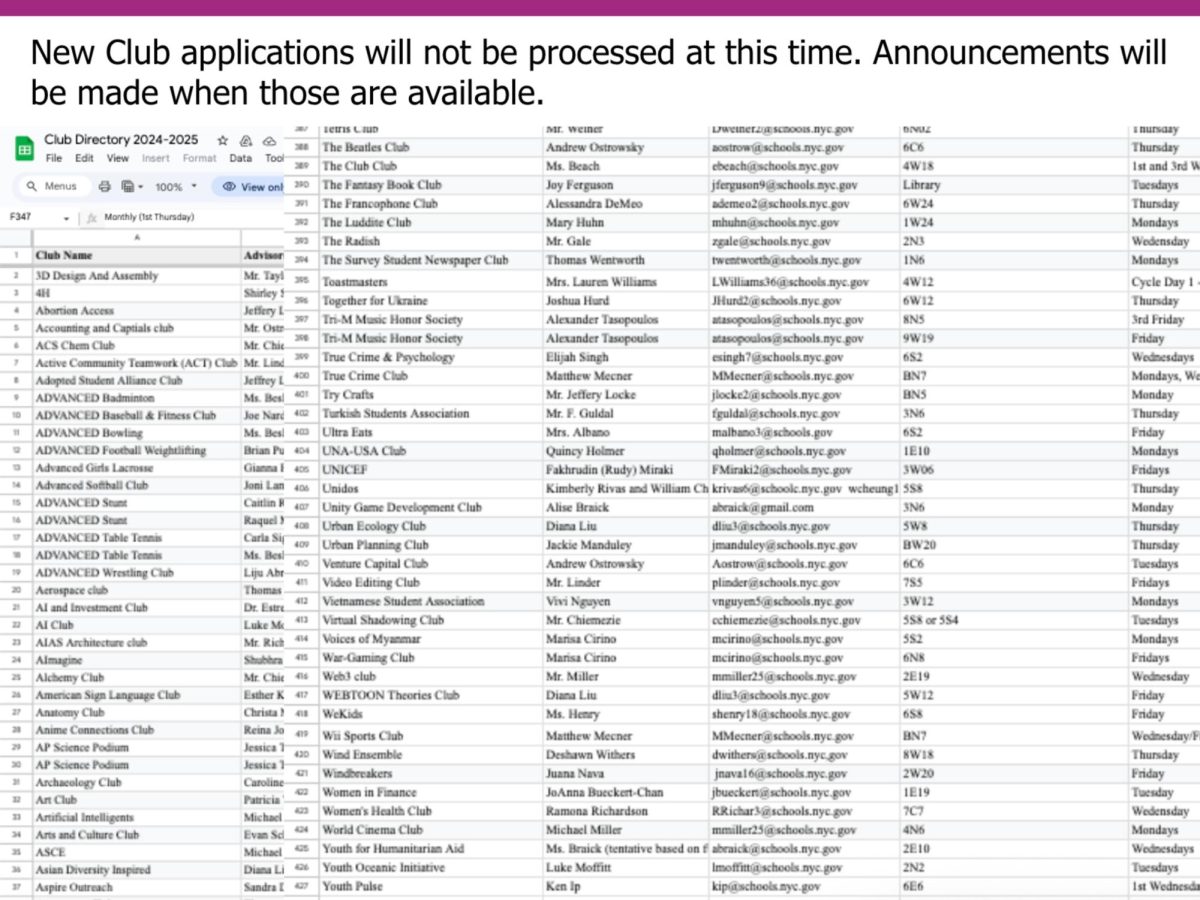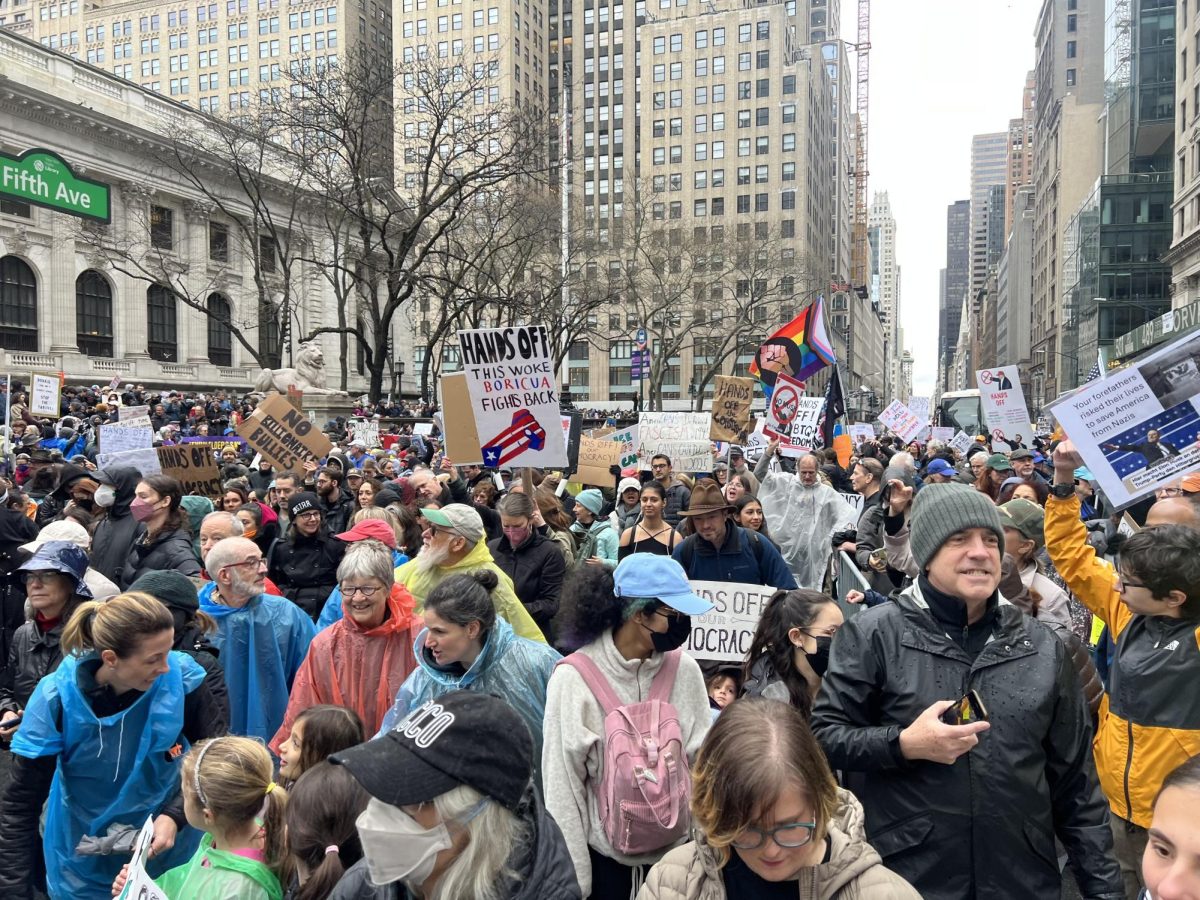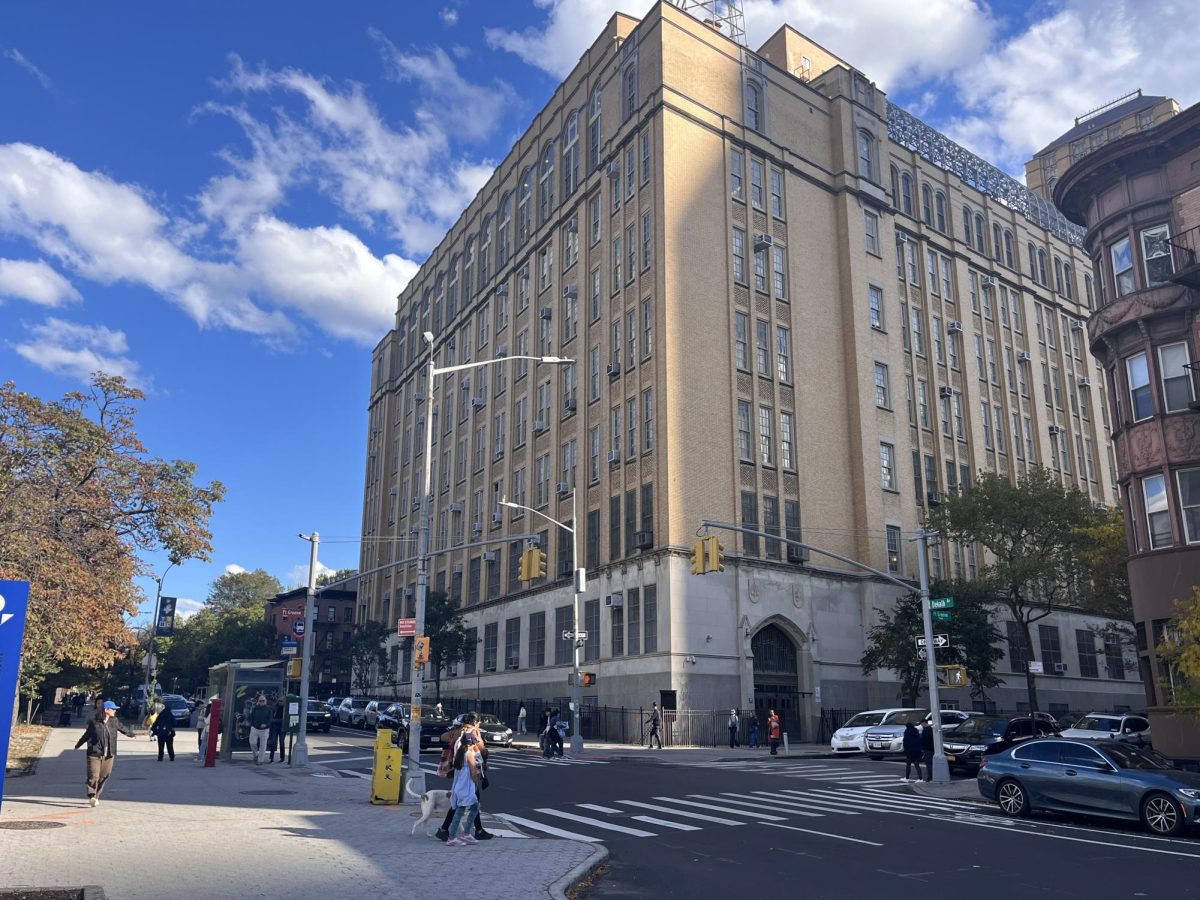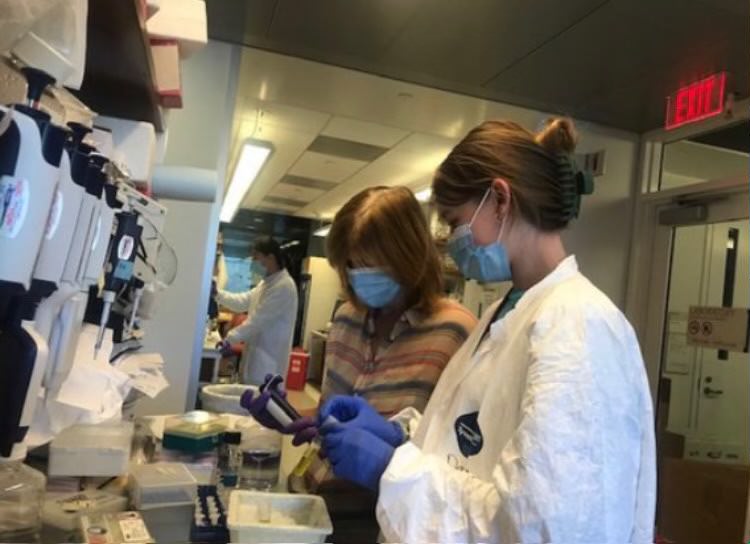Tech Gets Involved in NYCSEF
By December 19, 2022, students in Tech’s Weston Research Program finished submitting their research papers for the 2023 Terra New York City Science, Technology, Engineering, and Mathematics Fair (NYCSEF). NYCSEF is an extremely competitive science fair in which students from NYC high schools compete for prestigious prizes. Tech students use their rigorous STEM education to their advantage in the fair.
To complete the program, students in Weston must join at least one competition. Many students choose NYCSEF because of its prestige as a showcase for their research. “I’m interested in science, so doing scientific research that was intriguing to me, I thought it would also be cool to share with other people,” said Daria Gural (‘24), a Biological Sciences major.
NYCSEF requires students to submit many components: an abstract, a summary, a research paper, a quad chart, and a video. With so many hurdles to clear, students in Weston are advised to start their research as early as possible. Gural explained that she completed her research in biochemistry this past summer while working at Cornell’s lab in Manhattan, investigating how bacteria develop antibiotic resistance.
The majority of people interviewed claim that the deadlines are the most challenging aspect of NYCSEF. Dr. Margarita, a mentor of the Weston Research program, emphasized that “unless a sophomore has started research in the summer or has a project that’s short but could be done quickly, it’s highly unlikely they will get their paper in on time.”
Students echoed this sentiment. “The whole process is difficult,” said Aisha Mowla, a junior in the Chemical Engineering major. “You need a completely finished research paper by December, or early January, and a lot of sophomores are just starting out their research, so that’s very difficult.”
Margarita has worked diligently to guide students through the process, providing them with proper resources and information during the beginning stages of their research. Students credited her for making the process easier. “I think [NYCSEF] was a good starting point because I have never done it before. I had a lot of people help me, like Dr. Margarita and my mentor from the lab. They were all there for me,” said Gural.
“Since my sophomore year, [Dr. Margarita] has been pushing me to do [NYCSEF]. She was trying to help us through the process and help us with the documents. That helped me for this year because then I knew exactly what I needed to enter the competition,” added Mowla.
Tech students use their STEM majors and electives as an advantage in these competitions. Not only did Gural work on her research during the summer, but she added that, “prior to that, in my sophomore year, I did research here and I definitely think there were advantages. I worked with other kids [at Cornell]. There was a girl from Bronx Science and she didn’t know a lot of the stuff I learned in my sophomore year.”
However, NYCSEF is known for its competitive standards providing great challenges for those entering the fair. Margarita said, “I think that there are a lot of schools throughout NYC that get additional support. [Brooklyn Tech] might just have students that are really highly motivated to pursue research. Being in a research program might give them an extra leg up. They are trying to make it more equitable in schools around the city. Even in a specialized high school, there’s different levels of commitment to doing research.”
While some may not make it past the preliminary round, or go on to win the finals, students still use their research for other competitions or to try to publish their articles. Gural said she was moving on to the preliminary round and explained her excitement: “Knowing it’s my first competition, even getting to the preliminary round, I heard a lot of other people didn’t. It would be cool to get into the finals, but it’s a cool experience.”
“My main goal for the end of the year, even if I didn’t get into TerraNYCSEF, was to publish my paper because that’s a big thing,” added Mowla.
Tech’s STEM department prides themselves in providing large amounts of support for students applying to events outside of school. Margarita said, “I hope that they take in the whole process, and try to reflect on what went into getting to that point and make them understand prior research that has led up to what their project is and they’re fluent in that and just be able to stay calm and speak to what they did.”
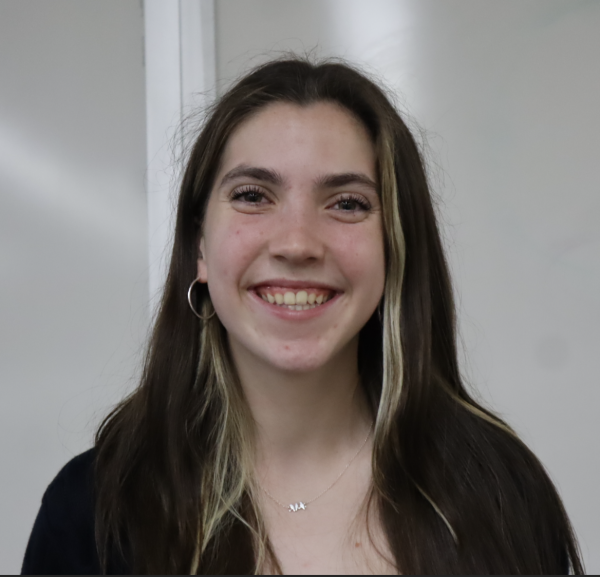
Alice Dawson-Hollow (she/her) is a Co-Editor of STEM. Alice is on The Survey because she loves researching...

